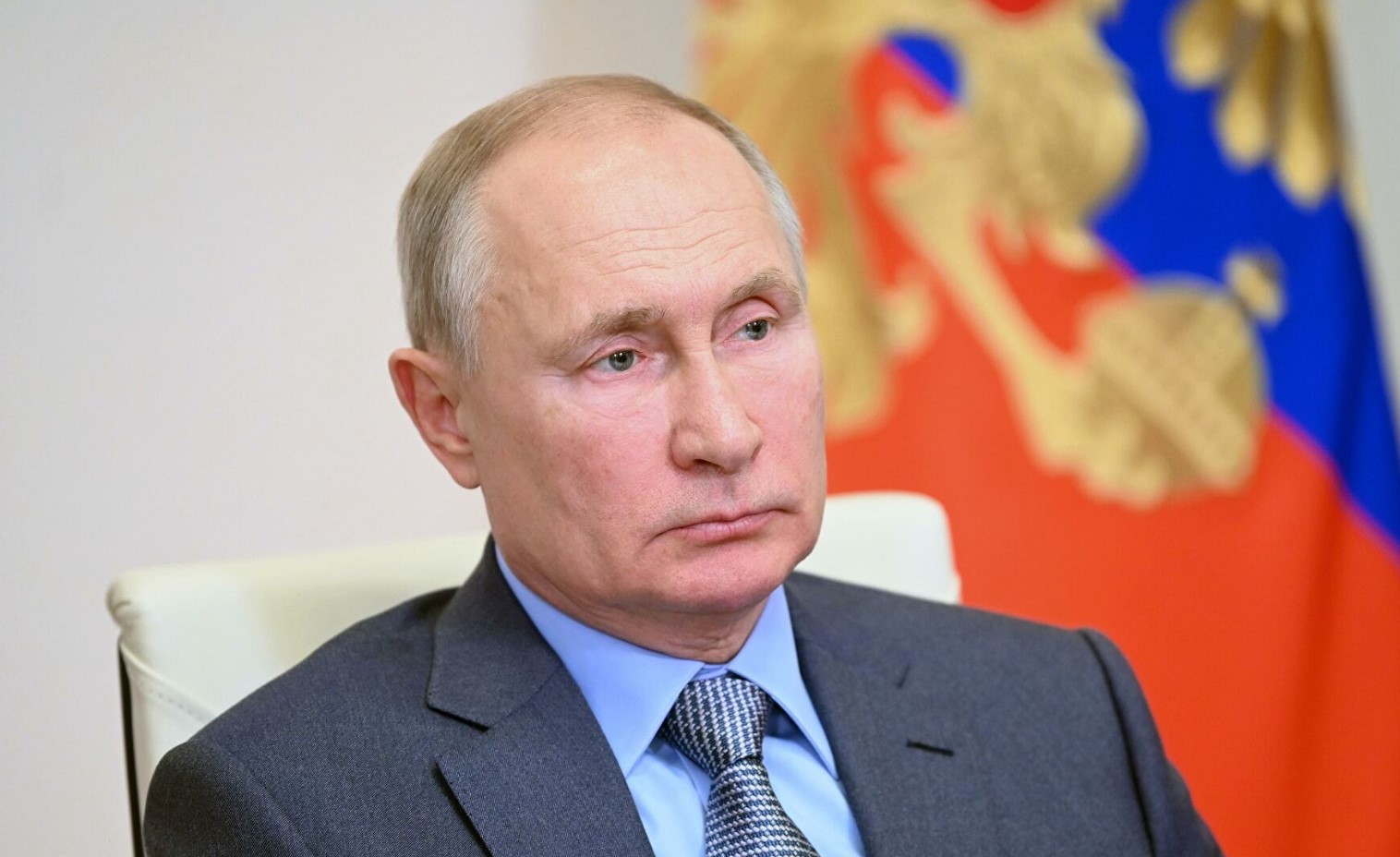Bloomberg узнал о переходном периоде после потолка цен на нефть из России
The European Union has proposed a 45-day transition period after the date of the introduction of the ceiling on oil prices from Russia, Bloomberg reports citing the document.
According to the agency, the proposed transition period would apply to Russian oil loaded before December 5 — the date EU sanctions are due to take effect — and unloaded before January 19. EU ambassadors are due to meet on November 23 to approve this innovation, Bloomberg notes.
“If they support this proposal, the EU and the G7 may announce restrictions on the same evening,” the material says.
In addition, according to agency sources, the price ceiling for Russian oil may be higher than $60 per barrel, the price previously announced by the US Treasury.
WSJ has learned the planned value of the price ceiling for Russian oil Economics
The bill also relaxes a previous provision that indefinitely banned ships carrying Russian oil purchased above a set threshold from accessing European services to ship all oil, regardless of its origin.
The document now states that a ship that “intentionally” carried Russian oil or oil products in excess of the established limit will be prohibited from receiving services related to the transportation of Russian oil or oil products “for 90 days after the date of unloading of the vessel with cargo purchased above the price limit ".
Read on RBC Pro “Foggy prospects”: what will happen to the real estate market after mobilization 120 years is the limit of human life.What habits can push back old age Five myths about laser vision correction What credit niches have sanctions opened for second-tier banksThe EU has also proposed a 90-day transition period in case of any future changes in the price cap level, Bloomberg notes.
WSJ has learned the planned value of the price ceiling for Russian oil Economics
Due to the military operation in Ukraine, the G7 countries agreed in early September on a price ceiling for oil from Russia. The restrictions include "a ban on insurance and financing of tankers carrying Russian oil at a price above the agreed limit." In October, the introduction of this measure was approved by the European Union, it will come into force on December 5 for crude oil and from February 5, 2023 for petroleum products. The price ceiling has not yet been agreed upon: initially, a range of $40-60 per barrel was discussed, but later the US Treasury Secretary Janet Yellen proposed setting a limit of $60, as this would reduce Russia's energy revenues, but at the same time ensure profitable production.
On November 22, The Wall Street Journal (WSJ) newspaper, citing sources, reported that the United States and its allies are considering imposing a ceiling on Russian oil prices in the range of $60-$70 per barrel. What exactly will be the value of the limit, it may become known as early as Wednesday, November 23, the publication indicates.
See also EU approves price ceiling for Russian oil and other sanctions 00:53
Russian Deputy Prime Minister Alexander Novak previously warned that with any price ceiling, Russia would not supply raw materials to countries that would take this step. President Vladimir Putin spoke about the same . According to him, Russia will not supply energy to countries whose authorities will make political decisions that contradict the terms of contracts for the supply of oil or gas.

